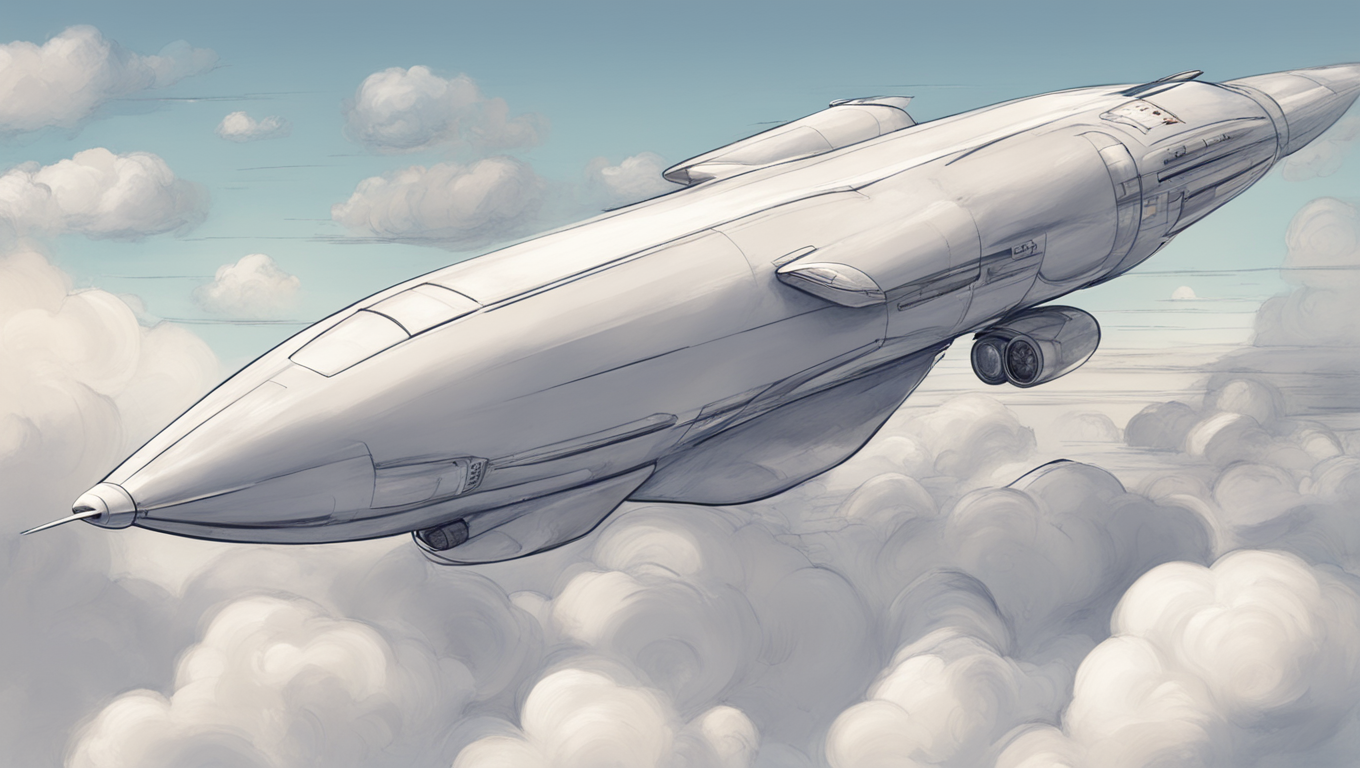Airlines have long been at the forefront of technological advancements in the aviation industry. From the early days of commercial air travel to the present, innovation has been the driving force behind improved safety, efficiency, and customer experience. Today, as the world embraces the era of artificial intelligence (AI), airlines are once again at the forefront of this technological revolution.
According to Julie Pozzi, the head of data science and AI at Air France-KLM, “Data and AI are fantastic levers for the aviation sector.” Airlines are exploring the potential of AI to enhance their operations, boost productivity, and gain a competitive edge. This sentiment was echoed by Geoffrey Weston, the head consultant on the airline industry at Bain & Company, who described AI as an “extraordinary acceleration of technology and capabilities.”
Air France-KLM is diving headfirst into the AI revolution, with more than 40 projects utilizing generative artificial intelligence. One notable project is the development of a tool that can respond to customers in 85 different languages. This tool, which will be installed on the tablets of Air France agents, is scheduled for use at Paris Charles de Gaulle airport in 2025.
The push for AI extends beyond airlines to airport operators as well. Groupe ADP, the operator of Paris Charles de Gaulle airport, has launched several AI initiatives in collaboration with startups. For example, Allobrain, a startup utilizing voice recognition technology, has significantly reduced the number of unanswered phone calls to the airport. Additionally, Groupe ADP is working with Wintics, a company specializing in extracting data from real-time surveillance images, to streamline drop-off areas and shuttle rotations.
One of the key challenges facing the aviation industry is reducing wait times as air travel continues to grow. Jerome Bouchard, an aerospace expert, highlights the need for improvement in this area. He suggests the potential use of facial recognition technology at airport security to enhance efficiency. However, Bouchard acknowledges that such advancements require significant coordination and data synchronization, which is still lacking in many airports.
While AI presents numerous opportunities, there are limits to its implementation. Patrice Caine, the CEO of Thales, a leading aerospace technology company, emphasizes the importance of human decision-making. He describes AI as “assisted intelligence” that supports and aids human operators, rather than replacing them entirely.
As the airline industry gathers in Dubai for the International Air Transport Association meeting, AI is sure to be a hot topic of discussion. With its potential to revolutionize aviation operations, improve customer service, and enhance safety, the airline industry is embracing AI as a powerful tool for the future. As Julie Pozzi aptly puts it, “AI is undoubtedly a new frontier.”





Use the share button below if you liked it.